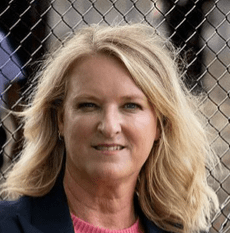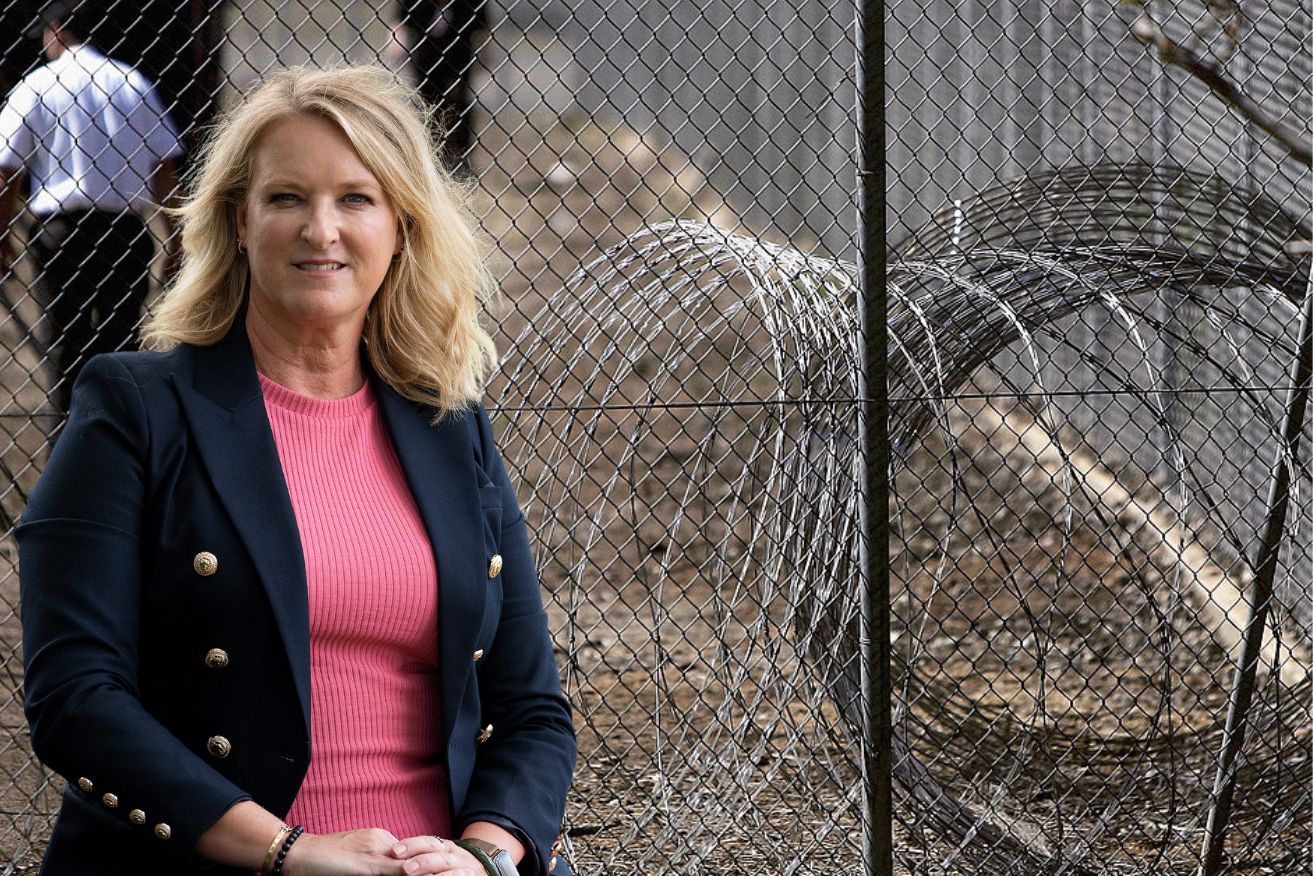Kylea Tink: The way Australia treats refugees shames the entire nation


The government has not met its election commitment of cutting detention time, writes Kylea Tink. Photo: AAP/Getty
Australia is arguably a country built on the back of immigration, but for the past 31 years, the Federal government’s mandatory detention policy has made hypocrites of us all.
From the demonisation of “boat people” in the early 90s to the offshore detention of asylum-seeking “queue jumpers”, consecutive governments of both political persuasions have chosen to turn their backs on tens of thousands of people who have needed our help.
And while the recent High Court decision that found the Government does not have the right to punish people, which has some on the conservative side of politics baying for blood, all Australians should be grateful that the judicial system is sending a clear message that there must be a separation between the role of government in setting public policy and the courts in determining punitive measures.
For surely there can be no question: detaining someone indefinitely, with no clear course of action for appeal or hope for release, is one of the harshest forms of punishment.
In this context then, while we do not have the death penalty in Australia our immigration regime is unique in the world – uniquely cruel and in direct conflict with international law.
Far from the promise of “boundless plains to share”, stories from Australia’s immigration detention facilities have been far too frequently heartbreaking.
Punishing the powerless
Refugee families are held for years in poor conditions, with no indication of when or how they would be released. There have been reports of babies being denied birth certificates, and children as young as 10 attempting suicide after years of being detained offshore.
This regime goes much further than border protection; effectively punishing those who flee to our country in the desperate hope of refuge.
As civil society groups, human rights watchdogs, the United Nations Subcommittee on the Prevention of Torture, Australia’s own Human Rights Commissioner and, most recently, the High Court of Australia have found, our mandatory immigration detention regime is cruel. It is inhumane. It is unlawful. It is an international disgrace.
Surely, we are better than this, Australia.
On behalf of my federal electorate of North Sydney, I recently introduced the Migration Amendment (Limits on Immigration Detention) Bill 2023 into the House of Representatives. If executed, this Bill would make several simple but important changes to the Migration Act 1958, which currently defines our immigration and mandatory detention regime.
Firstly, this legislation would make it illegal for the government to hold those seeking refuge in Australia in detention for any longer than 90 days.
As it stands, the average time people spend in immigration detention facilities in Australia is an extraordinary 708 days. That’s nearly 2 years. And this detention comes at a huge cost to taxpayers, with each individual estimated to cost around $200,000 per year or nearly $9.7 billion in the last 9 years.

The High Court recently ruled indefinite detention unlawful. Photo: AAP
By comparison, people seeking refuge in the US spend an average of 47 days in immigration detention facilities, while in Canada the average is 16 days.
Unsurprisingly, doctors say detaining people in conditions such as those found in our detention facilities, with no clear promise of release, leaves them feeling profoundly uncertain, hopeless and fearful for their future. That has led to high rates of mental health problems, self-harm and attempted suicide among asylum seekers.
Faster turnarounds can and must be achieved and an important first step in this process is the setting of a time limit for the government to determine asylum seeker status.
Given international standards, 90 days is not only an achievable target, but a policy commitment that the Labor Party themselves brought to the last election. Despite this commitment we are yet to see any such reform proposed by this government.
Second, the bill will make it illegal for the government to hold children in immigration detention.
According to the Department of Home Affairs, there are currently no children in closed detention: although there are almost 1,400 asylum seeker children living in the community on bridging visas or in residence determination arrangements. The uncertainty that comes with these conditions can mean the difference between confidently finishing high school and university, and being fearful that come the age of 18 you will be required to step back from all education opportunities and simply “stay in your room” – unable to study or work.
It wasn’t too long ago that the Australian government held some 2,000 children in closed immigration detention facilities, including on Nauru and Manus Island — in direct contravention of the 1989 UN Convention on the Rights of the Child (CRC).
Climate refugees
And while as a nation I have no doubt most would say we value all children equally, for this to be proven true, we must ensure children are never again held in arbitrary immigration detention. This commitment must be enshrined in law.
Laws matter: treaties matter, and as one of the 51 founding members that ratified the UN Charter in 1945, we must as a nation do better to repair our reputation as a good international citizen and a leader in human rights.
That is why I am calling for a royal commission into Australia’s immigration detention regime, as part of a long running campaign by some of the bravest advocates I know.
A royal commission would allow former detainees and staff to tell their stories and give evidence without fear. It would allow this nation to face the truth about the cruel and degrading immigration detention regimes of the past, a necessary step towards improving them for the future.
With demographic changes, more severe climate events, and political upheaval likely to drive more human migration in the decades to come, it is more important than ever that Australia gets our immigration policy right.
To do anything less would be to effectively be shoving our heads in the sand in the hope that it will all just go away. The time for political posturing in this space is past and we must act now to ensure we are better prepared for the challenges to come.
Kylea Tink MP is the independent member for North Sydney








